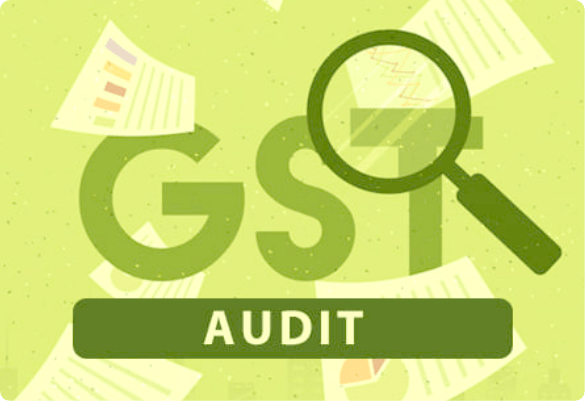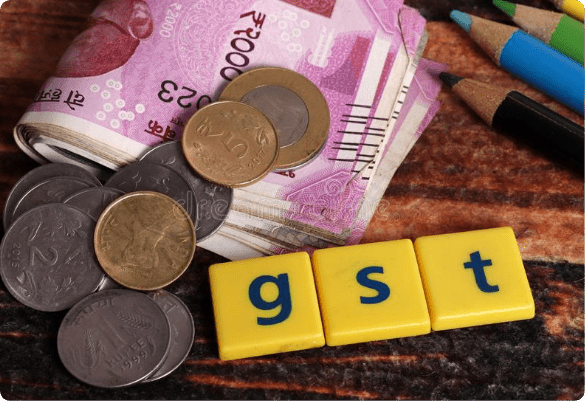India has seen a wave of reforms in the past few years – right from demonetisation to GST, not to forget the digital revolution it was experiencing simultaneously through the decade. And, now, with Covid-19 at the helm of all things, digitalisation has become a way of life, right from the largest corporation to the last man standing.
India aims to become a $1 trillion digital economy by the end of 2025. Digitalisation is evidently the mantra, which the Government made ample clear through various measures and reforms, majorly targeting MSMEs.
MSMEs, GST and digitalisation
MSMEs are the central nerve of the economy, contributing 30% to India’s GDP, 50% to exports and employing nearly 11 crore workers. The sector, however, remains in the eye of the storm through Demonetisation, GST, and now, Covid-19.
The present times call for MSMEs to go digital. Whether it is credit needs or tax compliance, MSMEs can no longer shy away from the tech-based way of business functioning.
Despite being under India’s digital wave, MSMEs could never truly embrace the same. The sector struggled to adapt itself to the fast-changing way of business, credit and compliance. But in today’s time, digitalisation no longer remains a choice.
The area where major MSMEs feel a pinch, even today, is the GST compliance. The NDA Government introduced the Goods and Services Tax (GST) in 2017 to overhaul taxation in the country. GST aimed at reducing double taxation and cascading effects arising from the same. ‘One Nation One Tax’ was the agenda behind GST.
However, since its introduction, businesses and MSMEs alike have struggled to understand, read and comply with the same. Small businesses and enterprises find it expensive to access computers, software, and accountants to help them file their GST. The use of tech-based data storing, analysis, compliance, collection of information from third parties, and overall tax administration burdened the already struggling MSMEs.
While a few MSMEs have fully embraced digital compliance, a majority still find the choice difficult. Why? Read on.
Challenges faced by MSME for GST compliance
India finances traditionally. It is known to be dominated by the acumen of math, pen and paper. Even the Finance Minister makes a statement carrying the ‘bahi khata’ to the most important financial event in the country.
MSMEs, or for that matter, India, until 2010, majorly relied on pen and paper for all business activities and compliance. However, as India digitalised, so did a majority of its activities. Today, even the paper-based tax filing has been done away with, making way for e-filing.
With GST introduction, compliance and accounting software became a necessity. Moreover, as a majority of MSMEs did not hold records, statements, receipts, receivables and payables in admissible form, the process became cumbersome and a burden. IT solutions, due to cost, remain out of the remit of several SMEs. Infrastructure bottleneck, informal way of business, loss of records and credit entries are the other significant challenges.
Moreover, GST as a concept itself remained complicated. Large number of returns, different tax slabs, recording of different transactions and reports and higher statutory compliance turned this tax system into a major hassle.
However, the very tech that the MSMEs have been long hoping for can come to their rescue.
How complete digitalisation can reduce GST compliance burden for MSMEs?
Compliance burden can be counterproductive and time-consuming, especially for small businesses and enterprises. Though it has been more than four years since the implementation of GST, the MSME sector has struggled to prepare for the substantial compliance increase. Also, error-free filing can be challenging for businesses with no hands-on experience with IT solutions.
However, complete digitalisation can primarily reduce and help GST compliance for MSMEs. Through mobile-friendly applications and cost-effective digital solutions (that are also user friendly), companies can tackle the issue of GST compliance.
Mobile-based apps and applications for accounting and filing GST are extremely user friendly and consume less time. This has not just eased compliance but also increased the number of filings. Moreover, the software and applications are user friendly and have smooth navigation and interface, allowing users to furnish their returns seamlessly.
With digitalisation, the dependence on accountants has come down, though not substantially. What argues the case of digital compliance essentially is that it is extremely cost-effective. As a result, compliance costs are heavily reduced, encouraging more MSMEs to come forward and file GST returns.
Paperwork, credentials are all stored securely in one place, accessible anytime. This helps enterprises have proper accounts and records for later audits and filings.
Most of these applications are not only relieving the compliance burden but also helping the user to understand the nitty-gritty of GST. With pre-recorded videos, the assessee is encouraged to further learn GST and its nuances to better business management and compliance. Not just that, users are regularly updated on changes, rules and regulations pertaining to GST and filing.
In a way, these apps are making the MSMEs compliance-ready and laying a stone for the visualised digital economy.
The Government is also taking every step to reduce the compliance burden on the most important sector in the country. It was recently announced that businesses/taxpayers with annual turnover (aggregate) up to Rs. 5 crores will not be required to file reconciliation statements in Form GSTR-9C from FY 2020-21. Also, for taxpayers having Rs. 2 crores annual turnover (aggregate), no annual returns in Form GSTR-9 will be filed from FY 2020-21.
In conclusion
MSMEs have arguably faced the most number of challenges in a decade. Constant reforms, challenges and tax overhauls have tried to dampen the growth of this sector. However, through digitalisation, the Government has been trying to bring the sector out of its laziness and inject a new wave of growth. The landscape for progress, policy change and compliance in GST is still ripe. Digital compliance and Governments will have to come together to create a robust business system to truly usher growth in MSMEs and make them compliance-ready.






